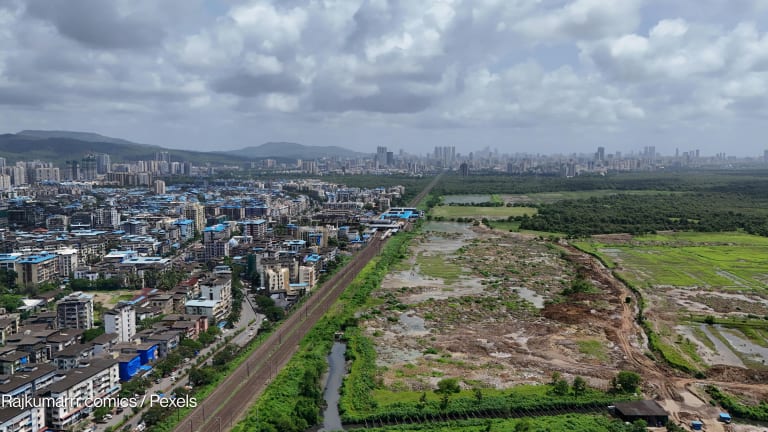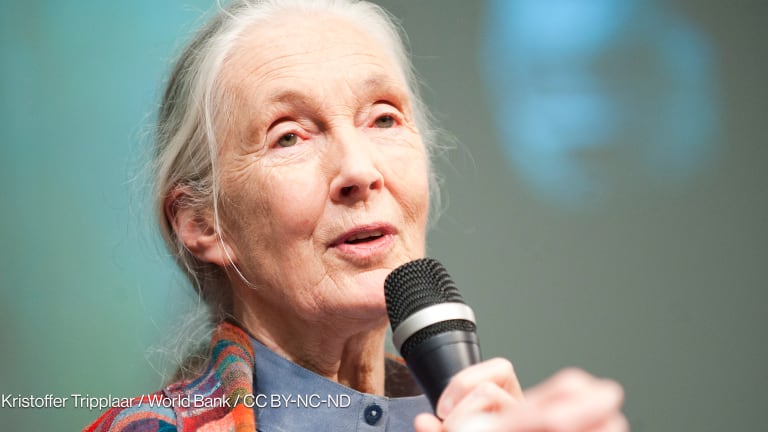Last month I had the privilege of meeting with several National Geographic Explorers during a trip to the Yucatán. One that stood out is Maritza Morales, who began her life’s work caring for the environment when she was only 10. Today she works with children to teach them about climate change, endangered species, the local ecosystem, and growing food sustainably. She contends that our planet's biggest problem is not pollution, melting ice caps, nor drought. She says that the lack of education about environmental issues is the biggest problem. “We need to create the next generation of heroes for Grandmother Earth,” she said.
When Gardiner Greene Hubbard (and 32 others) founded the National Geographic Society in 1888, he believed in advancing the study of geography for a wide audience, not just professional scientists — “so that we all may know more of the world upon which we live.” They created a membership base, a lecture series, and a journal that became the magazine we all know today. National Geographic Magazine has covered the issue of our changing climate since its earliest days, starting with extreme weather events — even before the turn of the 20th century. The subject has since evolved, including stories on rising seas, fossil fuel drilling, coal, fracking, water availability, melting icecaps, and last month’s issue entirely devoted to climate change. You can see climate change unfold in the pages of our magazine, which has been published now for 127 years.
As we embark on the climate change talks in Paris, I am thinking about the next generation and the value of education — geographic education. Geography is not just about finding a place on map; it's about our interconnectedness as a global community. Our children are inheriting a planet in need of attention, and will need all the tools at their disposal to make the best decisions possible about protecting it. They need to understand how things relate, which is why I believe that education and exploration have everything to do with making an impact on climate change.








